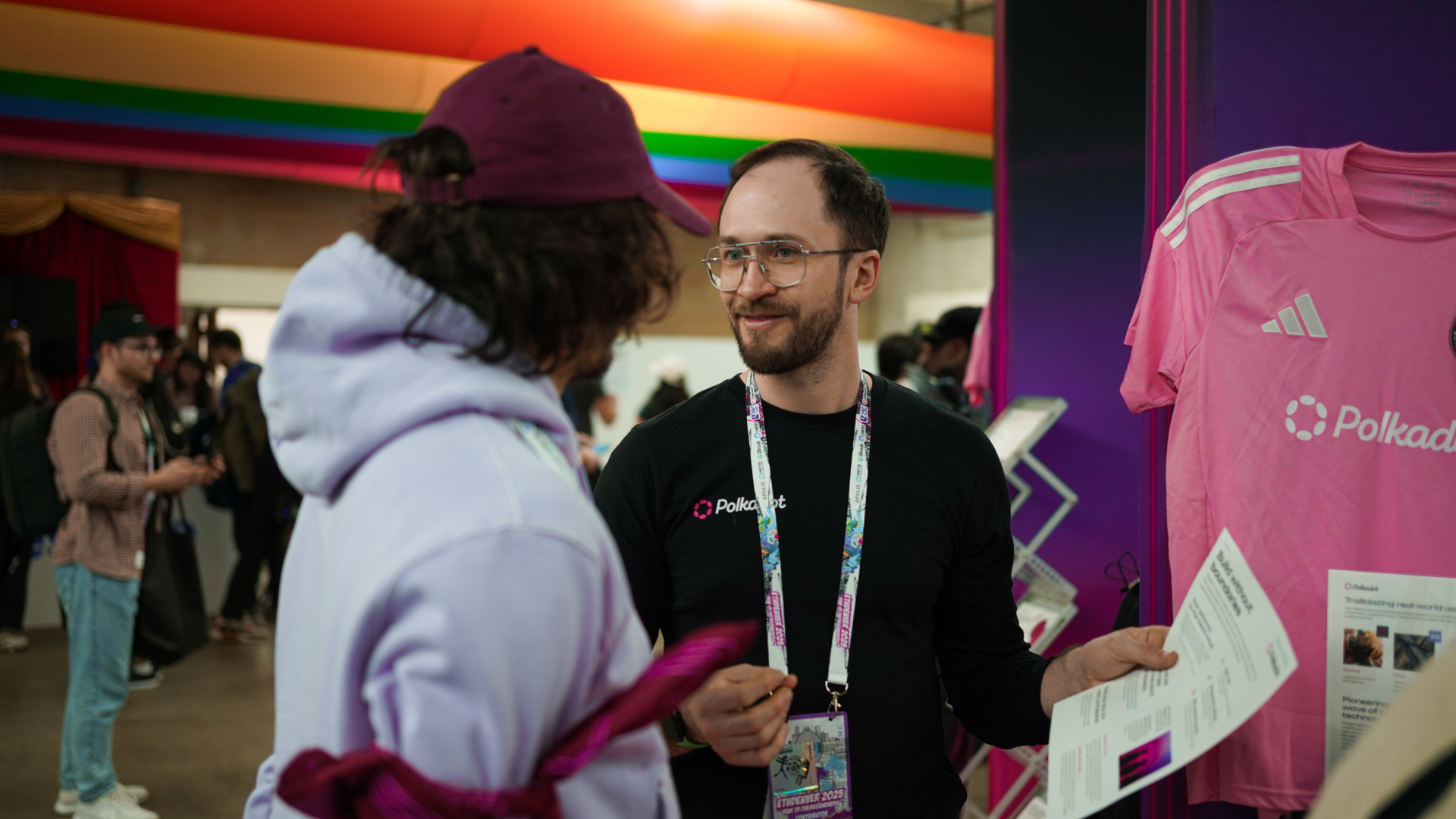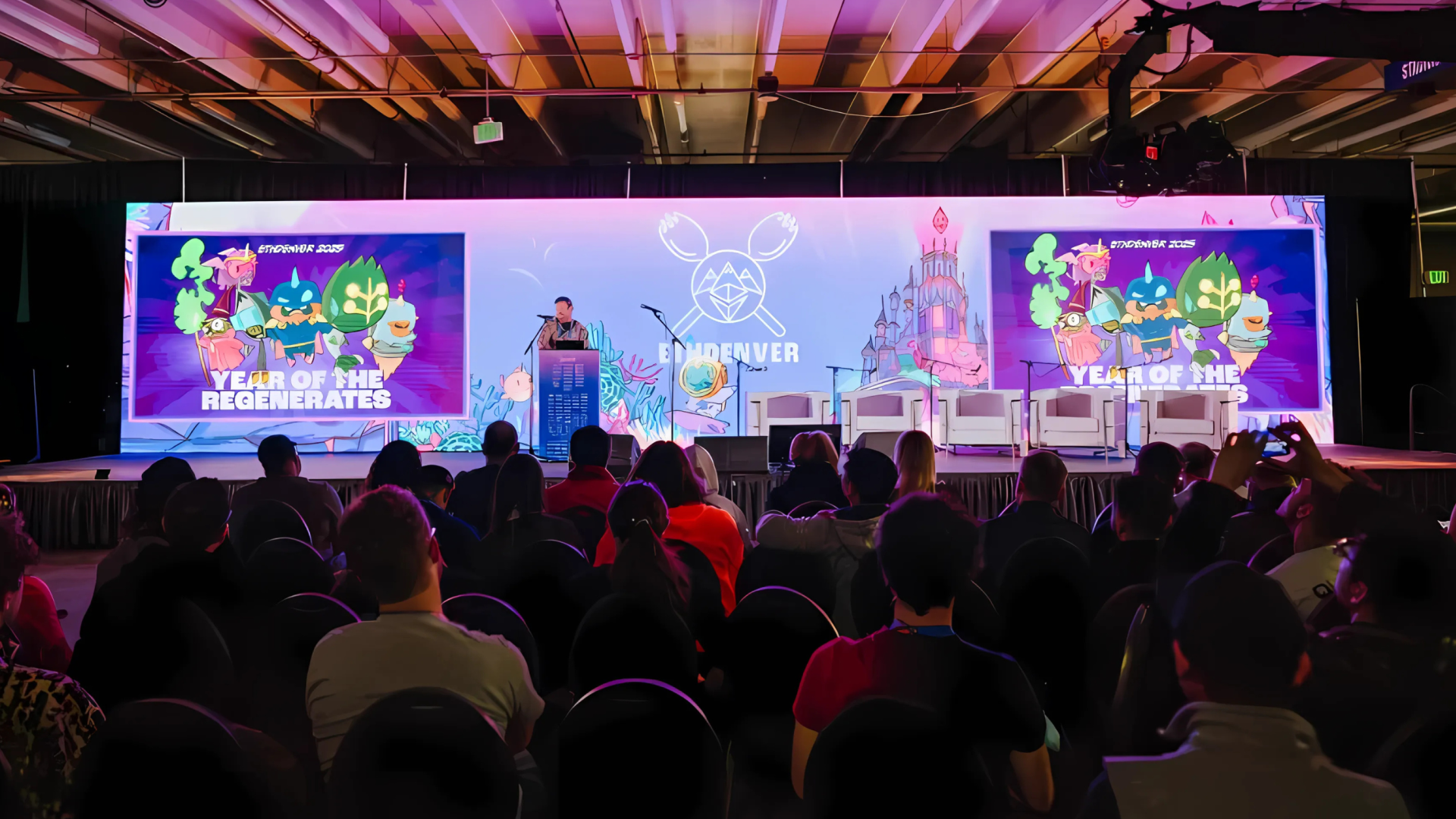Kusama Upgrade Bulletin (1031)
Kusama is about to get a new logic core; here’s the details.
 By Dr. Gavin Wood•December 20, 2019
By Dr. Gavin Wood•December 20, 2019
Kusama is about to get a new logic core; here’s the details.
Details
- Runtime version: 1031
- Supported natively by Polkadot v0.7.10
- Polkadot Git commit hash: f76665b
- Substrate Git commit hash: ab4aca3
Key changes
- Increase the minimum treasury bond (#701): There have been several small, anonymous and effectively garbage proposals submitted to the treasury. The minimum deposit (which is slashable if the proposal is not accepted) has therefore been raised from 1 KSM to 20 KSM in an effort to reduce this.
- Remove incorrect assumption that runners-up were sorted by account (#4429): A bug fix to the council elections module that ensures runners-up can voluntarily remove themselves in all circumstances.
- Update Balances Pallet events to help block explorers (#4389): This is designed to help ensure that the total balance of an account will not change except with an event. It avoids burning balances early, instead moving dust balances between free and reserved to ensure that the total balances adds up. When a dust balance is burned in the reaping of an account, then an event is emitted.
- Use decl_error in various modules (various): Errors were generally passed back as fixed strings; this passes them as proper error codes, allowing developers and users to understand better what went wrong if/when a transaction fails.
- Remove proposal when it is refused (#4399): A refused council proposal was not removed when rejected, which meant it could never be resubmitted as a proposal. This fixes it.
- Identity module enhancements (#4401): Two enhancements to the identity module. One allows the registrars to change their associated account IDs. Secondly, registered sub-accounts are now stored in state under their own address, thereby allowing their efficient querying without need for a large index that would be impractical for the UI and light clients.











